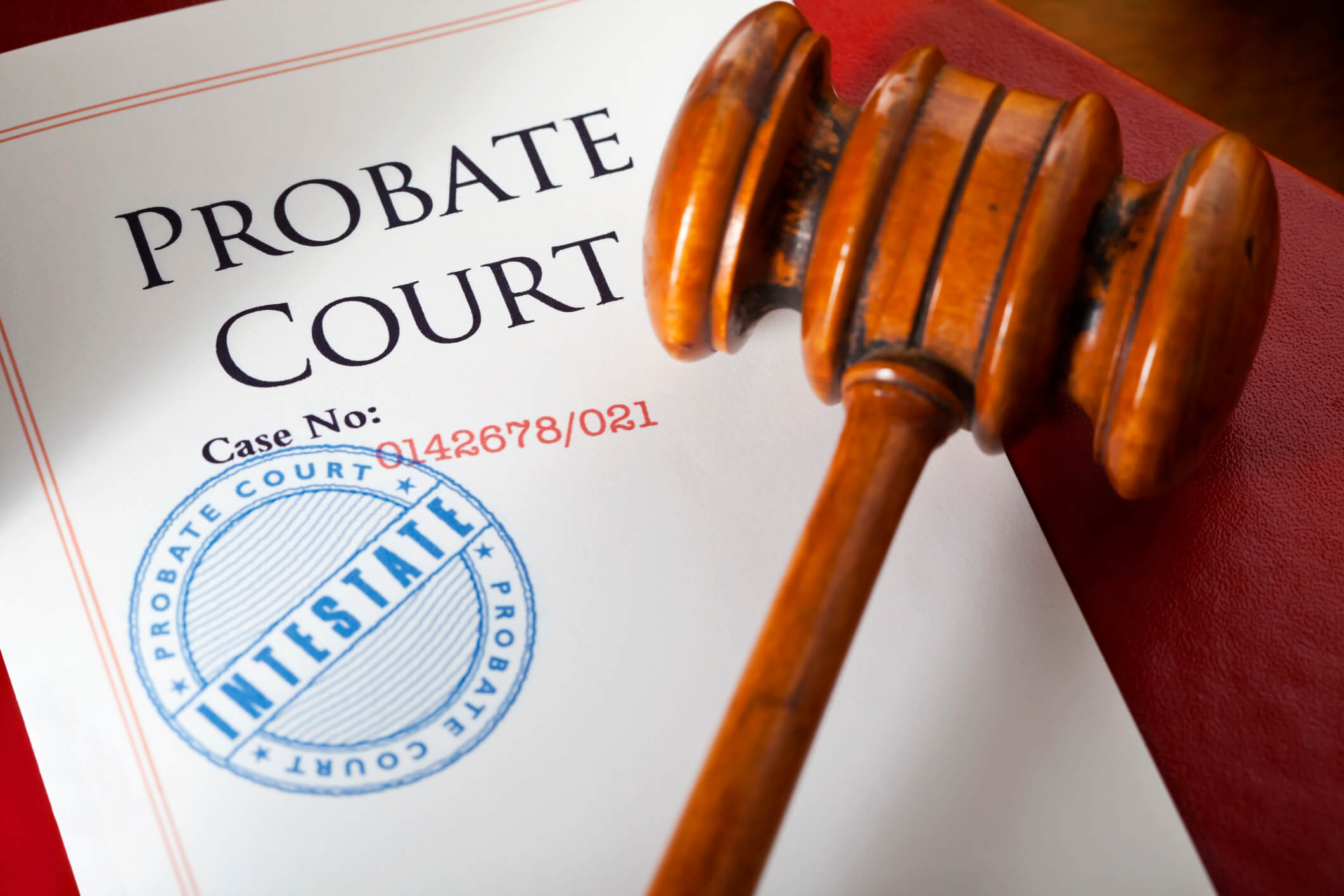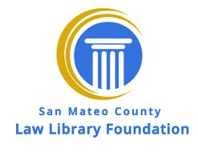In California, specific laws govern the inheritance rights of adopted children. Generally, adopted children are entitled to the same inheritance rights as their adoptive parents’ biological children. But can legally adopted children still inherit from their biological parents?
California estate planning attorneys regularly help clients understand the inheritance rights of adopted children under California law. If you or someone you know is an adopted person with questions about inheritances, seeking counsel from a knowledgeable estate planning attorney is critical.
Is a Will Necessary for an Adopted Child to Inherit From an Estate?
Leaving a will or trust is the best insurance that an estate will be distributed according to the decedent’s wishes. Concerns regarding an adoptive child’s right to inherit may be raised when an adoptive or birth parent dies without specifically naming beneficiaries to their estate.
Can an Adopted Child Inherit from Their Adoptive Parents?
In legal adoption cases, a legal parent-child relationship is established between the adoptive parents and the child. As such, the adopted child is entitled to the same inheritance rights as any biological child of the adoptive parent. However, it is always better to execute estate planning documents that make these intentions clear.
Are Adopted Children Entitled to Inherit from the Estate of their Birth Parents?
When one or both biological parents places a child up for adoption, it is presumed that the child’s legal adoption terminates and severs any rights between the child and their biological parent(s).
However, under California Probate Code Section 6451, some exceptions are defined:
- If at any time the birth parent and adopted person lived together as parent and child, or if the birth parent was married to or cohabitating with the other birth parent at the time the child was conceived and then died before the person’s birth, AND
- the adoption of the child was by the spouse of either birth parent or after the death of either birth parent, THEN
- there is a legal relationship to substantiate the adopted person’s right to inherit from the estate of a birth parent.
Both conditions must be met for an adopted person to have an independent legal claim to inherit from a birth parent’s estate.
Birth parents may elect to create a will expressly bequeathing an inheritance to their biological child or, conversely, denying any inheritance rights to the biological child. In these instances, birth parents must avoid generalities such as “the children born of” but instead list the biological child(ren) by name.
Protecting the Inheritance Rights of Adopted Children
In any estate, complications can quickly arise after the decedent’s passing. The best thing a person can do is plan in advance and make provisions for their beneficiaries through a will or trust. Wills and trusts are especially important in cases involving adopted children.
California estate planning attorneys understand the legalities surrounding inheritance rights of adopted children under California law. They can provide valuable insights to both biological and adoptive parents regarding estate planning.
For adopted children questioning inheritance rights, an experienced estate planning lawyer can provide a thoughtful and complete case review, explaining the relationships and laws governing the adopted party’s rights.
For more information about the inheritance rights of adopted children, contact our office today.







